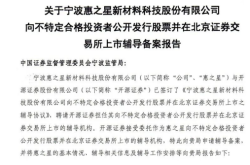Qualcomm's Market Share at Risk? Apple Unveils iPhone 16e with In-House 5G Baseband Chip
![]() 02/20 2025
02/20 2025
![]() 674
674
Amidst great anticipation, Apple has released its latest iPhone, but it's not called SE4; it's dubbed the iPhone 16e, also known as the budget-friendly version of the iPhone 16.
Featuring a 6.1-inch OLED display, a slightly underpowered A18 chip (with one less GPU core), no high refresh rate, a USB-C port, a notched screen, a single camera, and starting at 128GB storage, the device is priced at 4499 yuan.
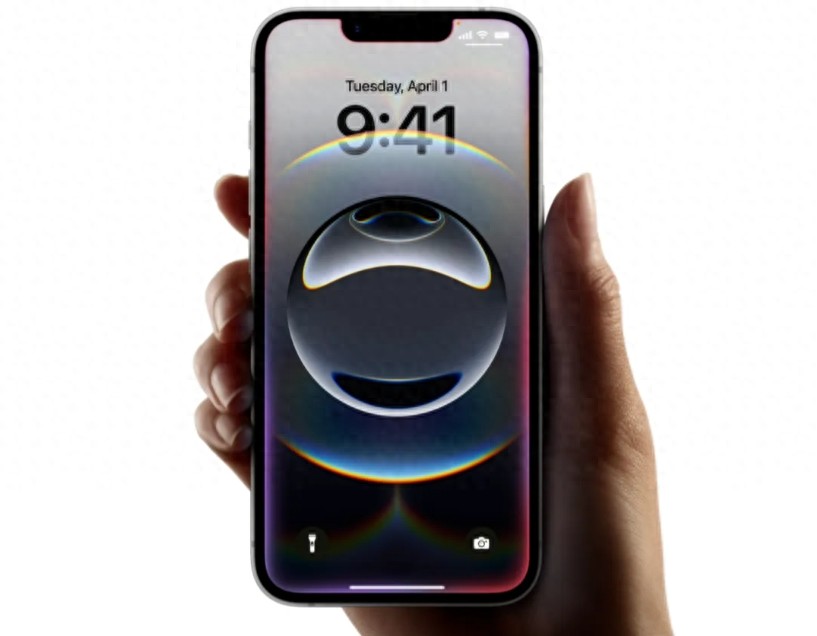
Frankly, considering the current discounts on the iPhone 16, spending 4499 yuan on the new iPhone 16e might seem absurd. However, it's not surprising that this phone will break even upon its initial release and receive further subsidies, bringing the actual price below 4000 yuan.
I foresee the final discounted price hovering around 3800 yuan, which might seem somewhat cost-effective but isn't exceptionally attractive.
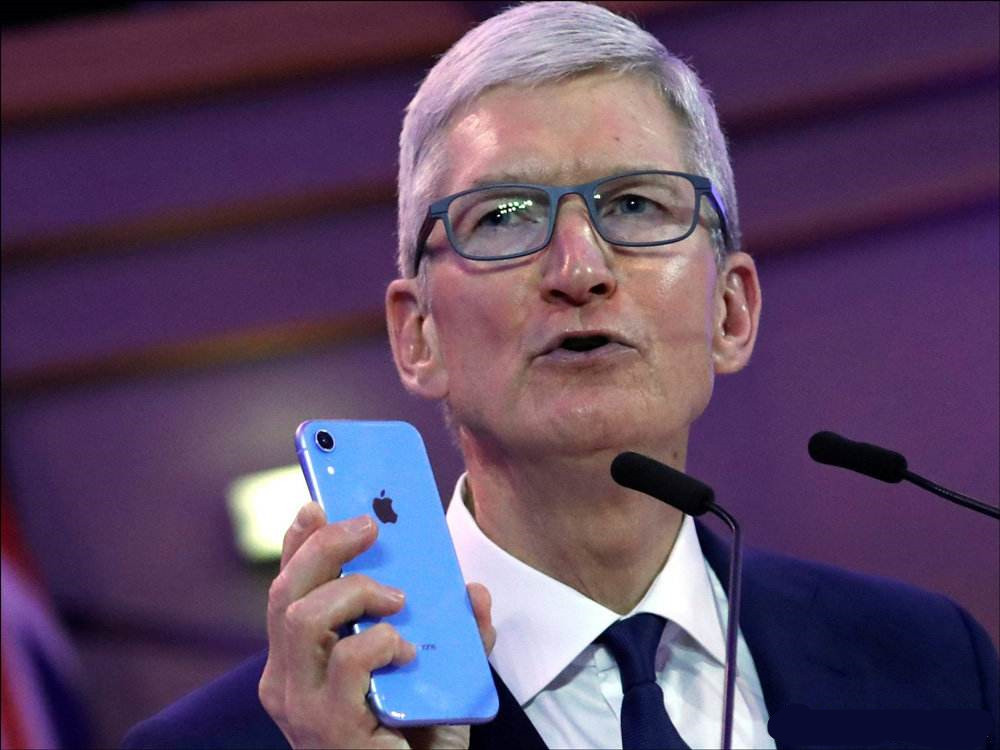
Nevertheless, none of these details are crucial. Perhaps Apple isn't overly concerned about the final sales performance of this phone either. What matters is that this device contains a chip of significant importance to Apple. The tech giant aims to use the iPhone 16e to validate the capabilities of this chip.
This chip is the C1 5G baseband chip, an in-house development by Apple that no longer relies on Qualcomm's 5G chips.
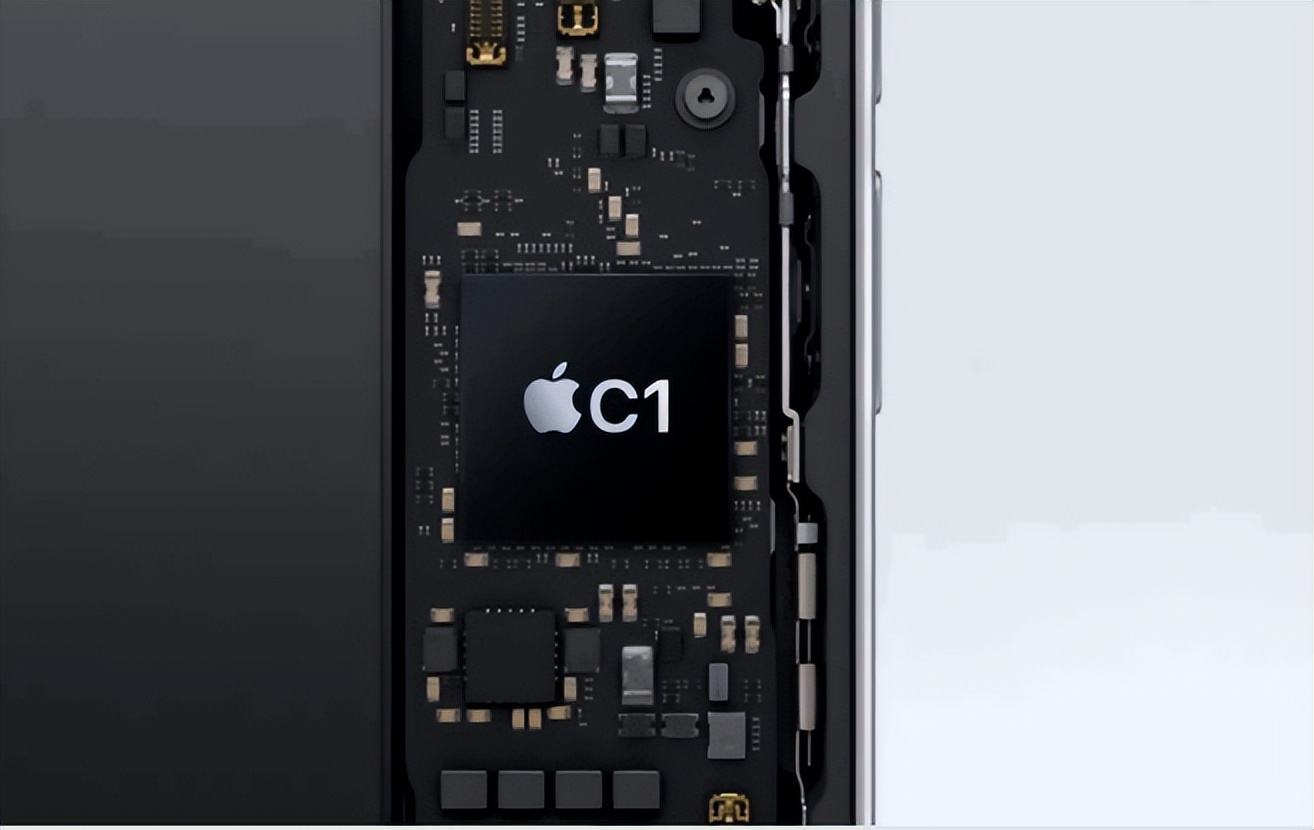
Historically, Apple has struggled to develop its own baseband chips and was heavily reliant on Qualcomm. Apple then turned to Intel's baseband chips, but Intel failed to deliver for the 5G era. Eventually, Apple acquired Intel's baseband chip team to develop its own solutions.
Qualcomm has always been wary of Apple's chip development efforts. After five years, however, Apple's baseband chip was yet to see the light of day, leading to skepticism about Apple's capabilities in this area.
But now, C1 has finally arrived. As this is Apple's maiden attempt, it's unlikely that the company will install it in its flagship phones like the iPhone 17 right away. Instead, it will use the iPhone 16e for rigorous testing.
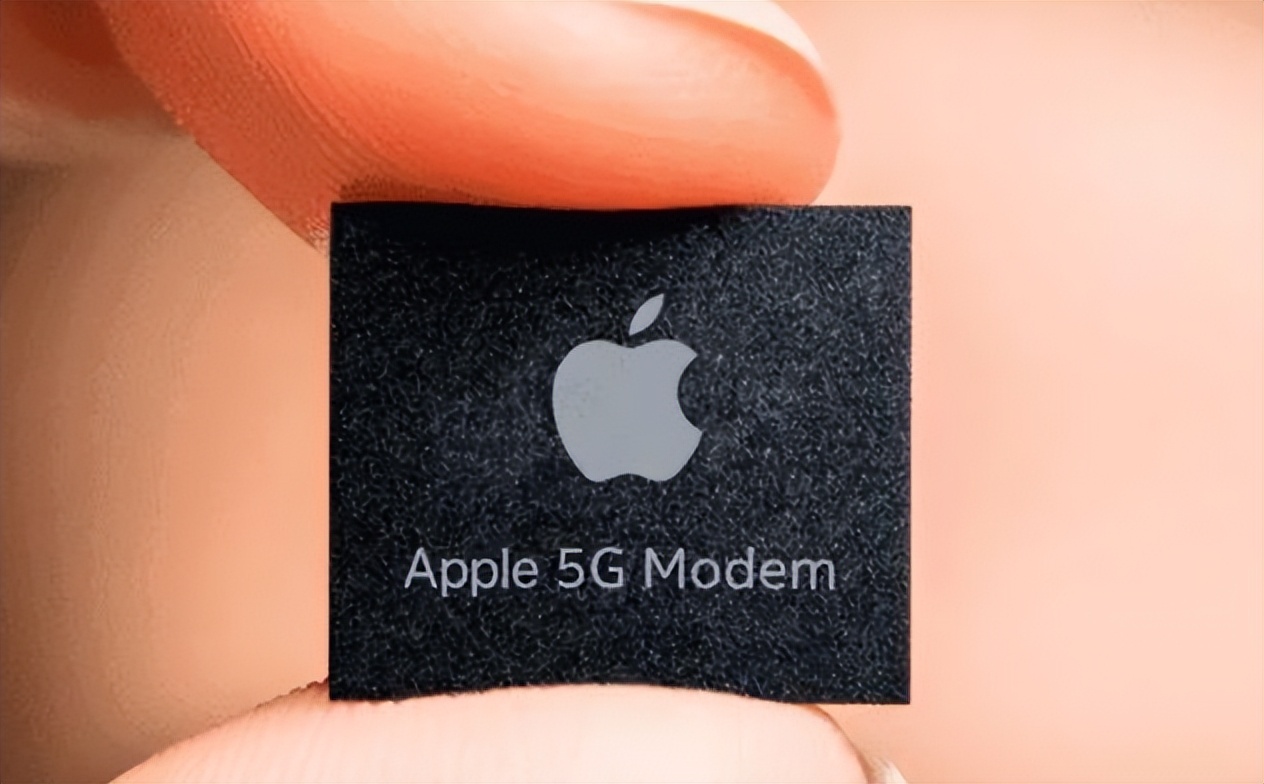
Apple boasts that C1 is the "most energy-efficient modem ever in an iPhone," emphasizing low power consumption rather than peak performance. However, since the phone hasn't been officially sold yet, the true performance of this 5G chip will have to be assessed through real-world testing.
Should C1 perform well and pass the tests on the iPhone 16e, it's inevitable that Apple might develop all baseband chips for the iPhone 17 series and future models in-house, severing its dependence on Qualcomm.
This is undoubtedly distressing news for Qualcomm. What are your thoughts on this development?



